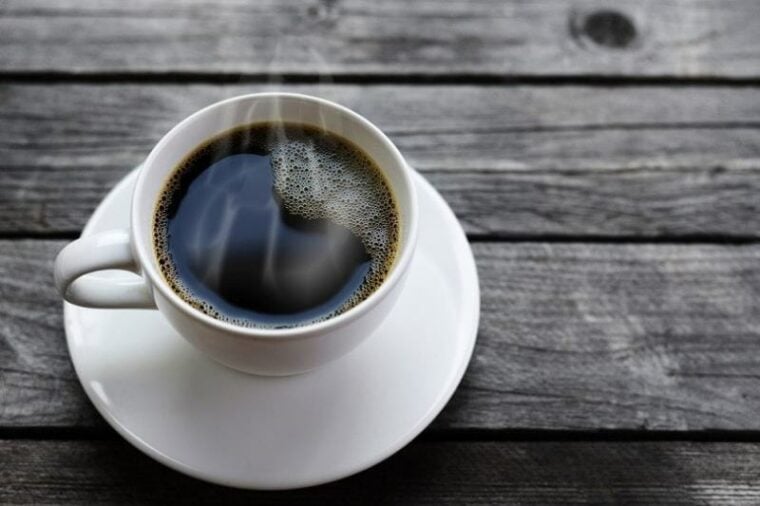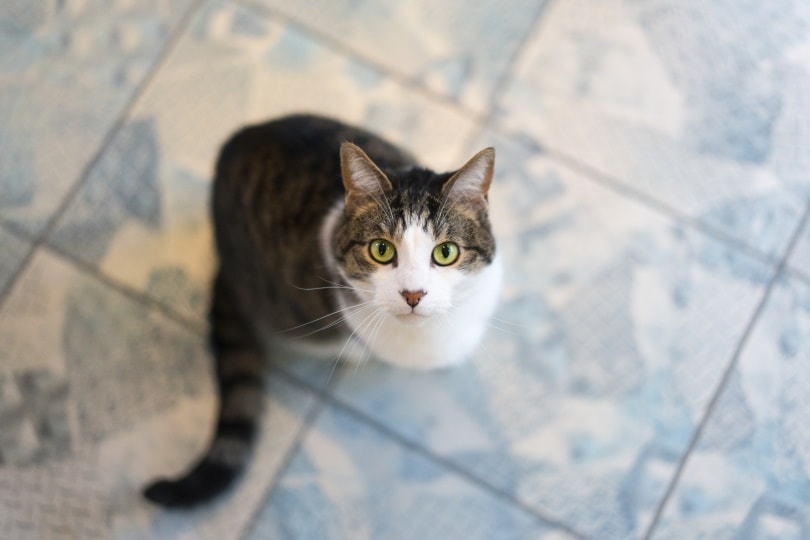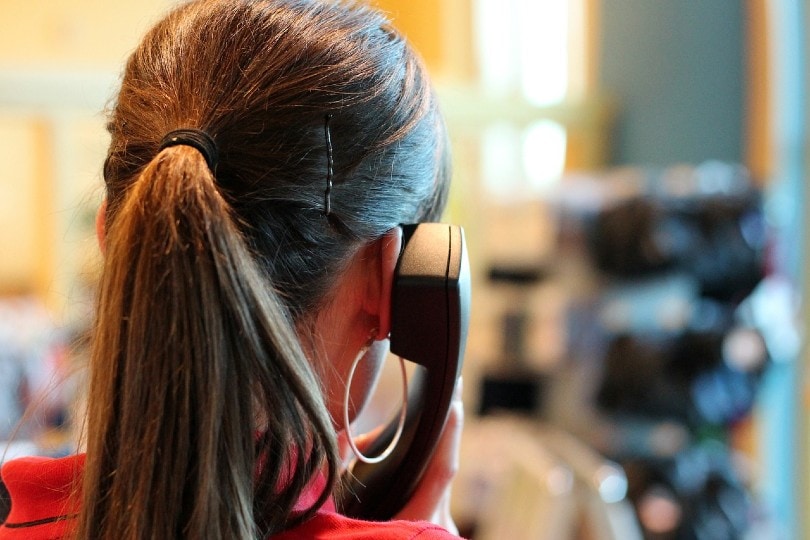
Click to Skip Ahead
Coffee is one of the most popular drinks on the planet. Aficionados adore its complex taste and the boost from the caffeine, which is toxic to cats. If your pet only had a lick of a cup of latte, there’s likely nothing to be concerned about. However, it is usually hard to estimate the exact amount of caffeine your cat had if licked some from an espresso, a latte, a tea, or a cola beverage.
If your cat has gotten into coffee or caffeine-containing products, they could start showing signs such as nervousness, vomiting, diarrhea, and panting within 30 minutes to 2 hours of ingestion. Signs will depend on the amount and type of coffee ingested, but you must always call your veterinarian immediately for guidance.
Can Cats Drink Coffee?
No. Caffeine is toxic to cats. Felines shouldn’t drink or eat caffeinated or coffee-based products. Coffee containing cream and sugar can wreak havoc with some cats, particularly those with sensitive stomachs. Neither product is nutritionally beneficial for cats, and dairy products can cause vomiting and diarrhea in some. Refined sugar isn’t a natural part of the feline diet and can cause digestive upset even if only consumed once.

What Are the Signs of Caffeine Toxicity?
Signs of caffeine toxicity usually depend on the amount of caffeine ingested; however, there is no safe dose of caffeine for cats. Early signs include restlessness and agitation. Vomiting, regurgitation, drooling, and diarrhea are common digestive signs. Cardiovascular signs include fast, low, or irregular heart rate and high blood pressure. Cats may also develop signs such as abnormal breathing, tremors, incoordination, and seizures.
Signs usually begin within 30 minutes to 2 hours of ingestion. Serious caffeine poisoning is relatively rare in cats, and the condition is most often linked to the consumption of supplements, caffeine pills, or coffee beans that contain higher concentrations of caffeine.
What Should I Do If I See My Cat Drinking Coffee?
The first thing to do is prevent your cat from consuming anymore! Take your cat to another room where they won’t encounter tempting things to eat and close the door. Quickly determine how much coffee your pet consumed, if possible. Remove the coffee and clean up anything that’s spilled. If you’re sure your pet only had a couple of drops of plain black coffee, your healthy adult cat is likely in the clear.
Regardless of if your cat is showing signs of caffeine toxicity or not, contact your veterinarian or animal poison control for advice. They might ask you to monitor at home or to take your cat to the clinic as soon as possible. Any underlying health condition, such as liver or heart disease, can mean your cat is at higher risk of developing toxicity. Your vet is the only person who can decide the best course of action for your cat if they have accidentally ingested any amount of caffeine. Let your veterinarian know what your pet consumed, when, and how much, and be prepared to describe your cat’s signs in detail.

 Are There Other Products to Be Concerned About?
Are There Other Products to Be Concerned About?
Any product with caffeine can be problematic.
Teas and Energy Drinks
Teas and energy drinks also contain caffeine. Teas tend not to have much, but some energy drinks can pack a serious punch; some feature upwards of 160 milligrams (mg) of caffeine per serving, along with a high amount of sugar that isn’t great for kitties either.

Chocolate Coffee Beans
Chocolate-covered coffee beans are a total nightmare for pets, as they’re small, feature two toxic products, and contain anywhere from 6 to 13 mg of caffeine per bean!
Pills and Supplements
Caffeine toxicity most often results from consuming products with concentrated amounts of caffeine, such as diet pills, tea bags, and coffee grounds. Diet pills and supplements often contain highly concentrated caffeine, and cats can become ill after consuming just a few pills or too many licks of instant coffee mix.
Consult your veterinarian if your pet gets into any caffeine-containing product, even if they are meant to be low-dose caffeine. Depending on the dose, the age and size of your cat, and how long ago they had access to caffeine, your veterinarian may ask you to monitor your cat at home or take them to the clinic immediately. If your cat has consumed anything high in caffeine and has developed signs, take them to your veterinarian as soon as possible.
What About Coffee Flavored Products?
Caffeine is toxic to cats, and it can be difficult to determine exactly how much is in any given product. Coffee-flavored ice cream is a good example. The delicious treat has 5 to 45 mg of caffeine per serving, usually around 1⁄2 cup. Will precisely two licks of coffee-flavored ice cream with minimal caffeine harm your pet? Probably not. But a cat that gets into and goes to town on a melting pint of highly-caffeinated coffee-flavored ice cream may well become ill.
Human food, in general, isn’t great for cats, and it doesn’t provide all the nutrients kitties require. Coffee-flavored desserts often have too much fat for pets. Allowing cats to eat human food exposes them to potentially toxic food products, such as caffeine and chocolate, but can also contribute to weight gain and nutritional deficiencies if they are eating a diet that is not complete and balanced.
How Can I Keep My Cat Safe?
Try not to leave hot drinks like tea and coffee unattended. Cats are notoriously curious and can get burned after accidentally turning over cups with hot drinks. Also, avoid leaving half-full cups of coffee, chocolate candy, and other caffeinated beverages sitting around. Diet pills and supplements should always be stored in places cats can’t access, and coffee grounds should be cleaned from the floor and counter to keep your cat safe.
Final Thoughts
Cats shouldn’t drink any amount of coffee since it contains caffeine, which is toxic to cats and can cause severe health problems when consumed. Your cat might be fine if they only had a few drops of plain black coffee, but different types of coffee have various amounts of caffeine, therefore there is no safe amount.
loSigns of toxicity can appear within 30 minutes to 2 hours. Pets with mild signs often become jittery and restless, but those who’ve ingested large quantities of caffeine often shake and develop tremors. Severe caffeine poisoning is most often associated with the consumption of concentrated products such as supplements, diet pills, and instant coffee mixes.
Featured Image Credit: VectorCreation, Shutterstock






